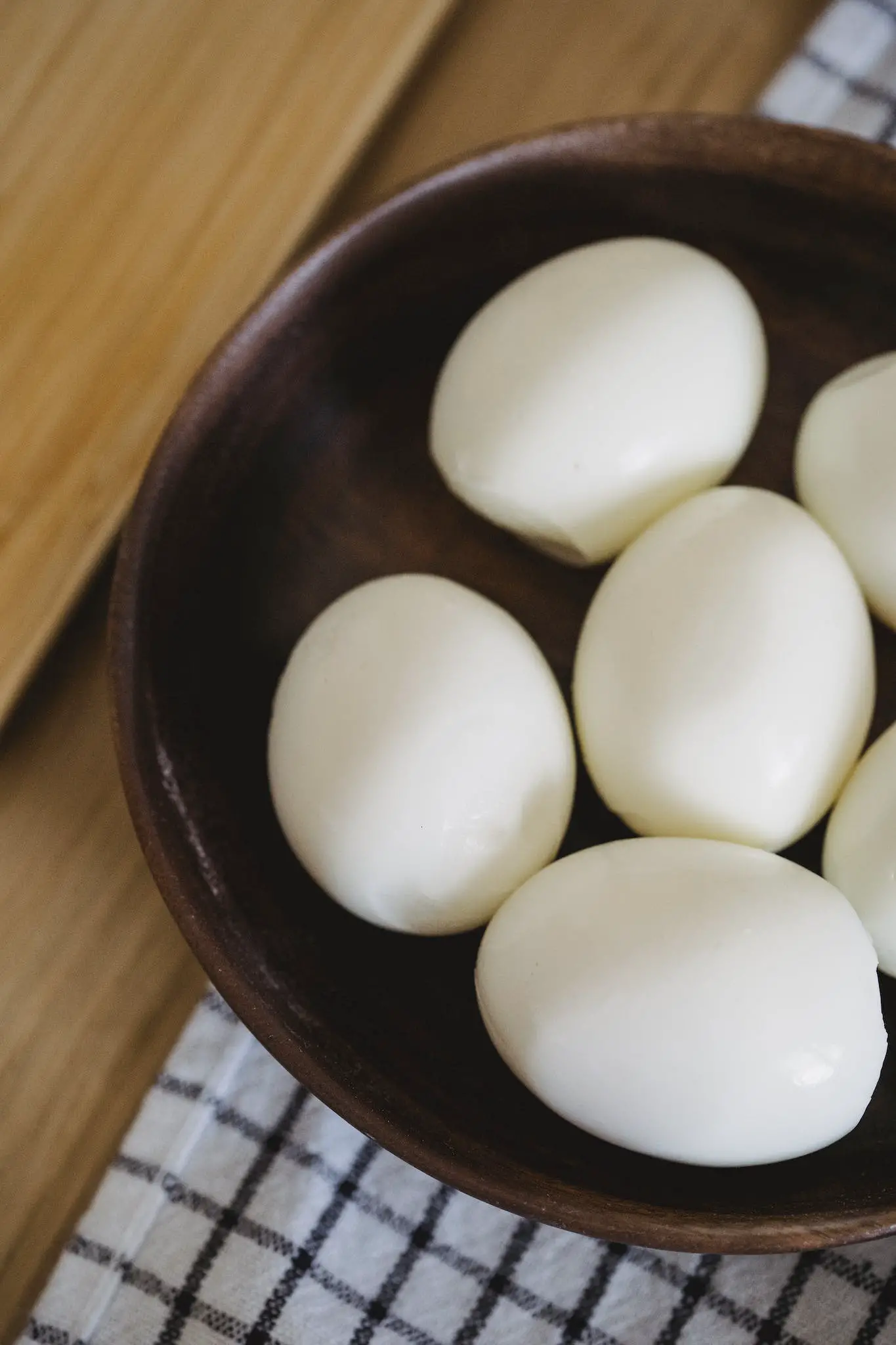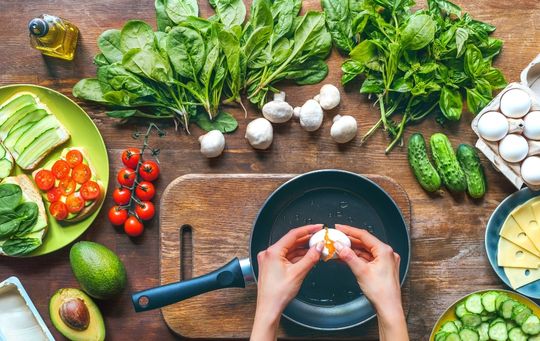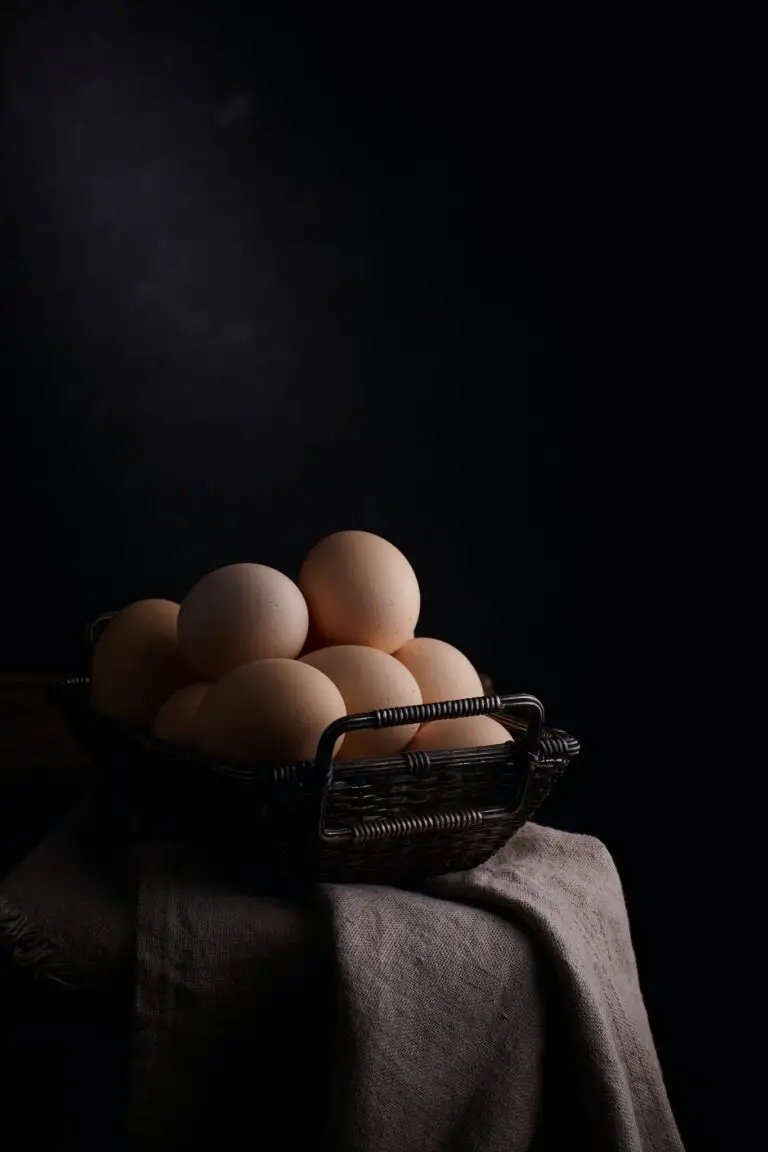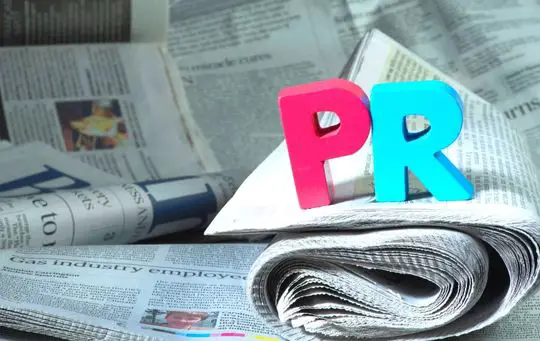Eggs are a versatile and nutritious food, loved by many for their protein-packed goodness. Whether you use them for breakfast, salads, or as a snack, eggs are a kitchen staple. But what happens when you forget to thaw your eggs, and you’re in the mood for some hard-boiled goodness?
Can you hard boil frozen eggs? Yes, you can hard boil frozen eggs. Thaw the frozen eggs first, then follow the standard hard-boiling process for fresh eggs to achieve the desired result.

Can You Hard Boil Frozen Eggs
Hard boiling frozen eggs is indeed possible, but it requires careful preparation. To do this, begin by thawing the frozen eggs properly, either in the refrigerator, cold water, or using a microwave on a defrost setting. Thawing is essential to ensure even cooking and avoid issues like cracking during boiling. Once the eggs are fully thawed, follow the standard hard-boiling process for fresh eggs: place them in a saucepan, cover with cold water, bring to a rolling boil, simmer for the desired time (usually 9-12 minutes), and then immediately transfer them to ice water to cool rapidly. While there may be slight differences in texture and flavor compared to fresh eggs, hard boiling frozen eggs can be a convenient option when you’re in a pinch.
Eggs
Before we dive into the freezing and boiling of eggs, it’s essential to understand the science behind them. Eggs have a unique composition that makes them ideal for cooking. An egg consists of three main parts: the yolk, the egg white (albumen), and the eggshell.
The Yolk
The yolk is the yellow, spherical part of the egg. It is rich in fats, proteins, and essential nutrients like vitamins and minerals. The yolk is where the majority of an egg’s flavor and nutrition are concentrated.
The Egg White (Albumen)
The egg white, also known as albumen, surrounds the yolk. It is primarily composed of water and proteins. The proteins in egg whites play a crucial role in coagulation when eggs are cooked, giving them their distinct texture.
The Eggshell
The eggshell is the outer protective layer of an egg. It is composed mainly of calcium carbonate, providing structural support and protection to the inner components of the egg.
Freezing Eggs: Is It Possible?
Before we get into the specifics of hard boiling frozen eggs, let’s discuss whether freezing eggs is even possible. Many people are unaware that you can freeze eggs, but it can indeed be done. Freezing eggs can be useful for preserving them when you have an abundance or for avoiding food waste.
How to Freeze Eggs
Freezing eggs involves a simple process:
- Crack the eggs into a bowl.
- Gently whisk the eggs to combine the yolks and whites.
- Pour the beaten eggs into an ice cube tray or a silicone egg mold.
- Place the tray or mold in the freezer and allow the eggs to freeze until solid.
- Once frozen, remove the egg cubes from the tray or mold and transfer them to a freezer-safe container or bag.
Frozen eggs can be stored for up to 12 months in the freezer. This method is especially handy for those who frequently use eggs for baking or cooking and want to ensure a steady supply.
Can You Hard Boil Frozen Eggs?
Now that we’ve established that freezing eggs is possible, the big question remains: can you hard boil frozen eggs? The short answer is yes, you can hard boil frozen eggs. However, there are some important steps and considerations to keep in mind to achieve the best results.
Thawing Frozen Eggs
Before you attempt to hard boil frozen eggs, you must thaw them properly. Thawing ensures that the eggs cook evenly and helps prevent issues like cracking during boiling. Here’s how to thaw frozen eggs safely:
- Refrigerator Method: Place the frozen eggs in the refrigerator for several hours or overnight. This gradual thawing process is the safest way to thaw eggs, as it minimizes the risk of bacteria growth.
- Cold Water Method: If you’re short on time, you can use the cold water method. Put the frozen eggs in a sealed plastic bag and submerge them in a bowl of cold water. Change the water every 30 minutes to maintain a safe temperature. This method can take about 1-2 hours, depending on the size of the eggs.
- Microwave Method: While not recommended due to potential uneven thawing and cooking, you can use a microwave to thaw eggs if you’re in a hurry. Use the defrost setting and follow your microwave’s instructions for thawing. Be cautious to avoid cooking the eggs in the microwave.
Hard Boiling Thawed Eggs
Once your frozen eggs are properly thawed, you can proceed with hard boiling them. Here’s a step-by-step guide to hard boiling thawed eggs:
- Place the thawed eggs in a saucepan and cover them with cold water. Make sure there’s at least an inch of water above the eggs.
- Place the saucepan on the stove over medium-high heat and bring the water to a rolling boil.
- As soon as the water reaches a rolling boil, reduce the heat to low, cover the saucepan with a lid, and let the eggs simmer for 9-12 minutes, depending on your desired level of doneness. For softer yolks, go with 9 minutes; for firmer yolks, aim for 12 minutes.
- While the eggs simmer, prepare a bowl of ice water.
- After the desired cooking time has elapsed, immediately remove the saucepan from the heat and transfer the eggs to the bowl of ice water. This rapid cooling process helps prevent overcooking and makes the eggs easier to peel.
- Let the eggs sit in the ice water for about 5 minutes.
- Gently tap each egg on a hard surface to crack the shell, then roll it between your hands to loosen the shell. Peeling should be relatively easy at this point.
Tips for Perfectly Hard Boiled Frozen Eggs
To ensure your hard boiled frozen eggs turn out perfectly, here are some additional tips to keep in mind:
Use Fresh Eggs
While you can freeze eggs, it’s essential to start with fresh eggs. Older eggs tend to have thinner whites, which can result in egg whites that are more likely to split during freezing and thawing.
Avoid Freezing in Shells
If you plan to freeze eggs for future hard boiling, it’s best not to freeze them in their shells. As eggs freeze, the liquid inside expands, potentially causing the shells to crack. Freezing beaten eggs in ice cube trays or silicone molds is a better option.
Use Proper Storage
Once you’ve thawed the frozen eggs, don’t refreeze them. Use them within a reasonable time frame to ensure the best quality and taste.
Monitor Cooking Time
The cooking time for hard boiling eggs can vary slightly based on factors like altitude and the size of the eggs. To ensure the perfect hard-boiled consistency, consider experimenting with a small batch to determine the ideal cooking time for your specific circumstances.
Are There Any Downsides to Hard Boiling Frozen Eggs?
While hard boiling frozen eggs is possible, it’s essential to be aware of potential downsides:
Texture Changes
Frozen eggs may have a slightly different texture compared to fresh eggs. The freezing and thawing process can cause the proteins in the egg whites to break down, resulting in a somewhat softer texture. This change may not be noticeable to everyone, but it’s worth considering if you have specific preferences.
Shell Cracking
As mentioned earlier, freezing eggs in their shells can lead to cracking due to the expansion of the egg’s contents as they freeze. This can make peeling the eggs more challenging, and you may end up with some imperfections on the egg whites.
Flavor Variations
Some individuals claim that hard boiling frozen eggs can result in a slightly different flavor compared to hard boiling fresh eggs. This difference is generally subtle, but it’s something to keep in mind if you have a particularly sensitive palate.
Conclusion
In conclusion, you can hard boil frozen eggs with proper preparation and care. Thawing frozen eggs is a crucial step to ensure even cooking and prevent issues like cracking. While there may be slight differences in texture, cracking, and flavor compared to hard boiling fresh eggs, the convenience of having frozen eggs on hand can be a lifesaver in many situations.
So, the next time you forget to thaw your eggs and craving a hard-boiled delight, don’t worry – you can still enjoy them with a little extra preparation. Happy cooking!







